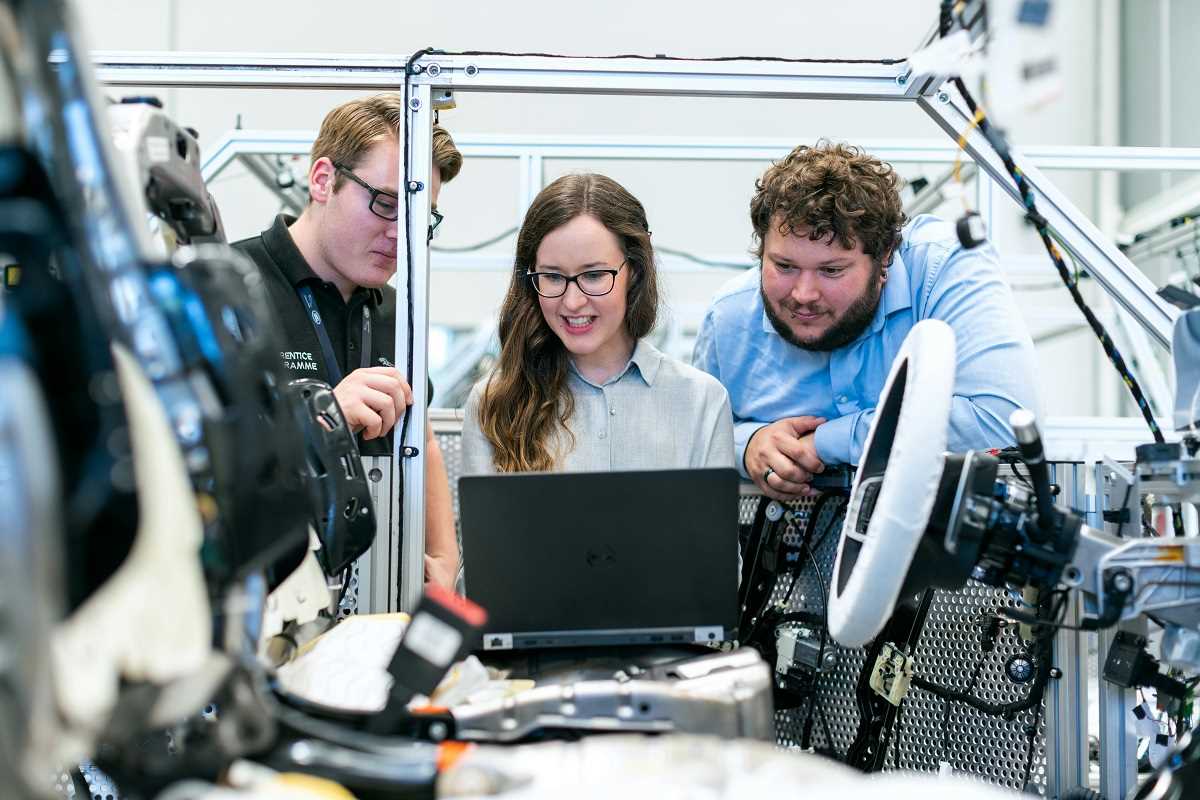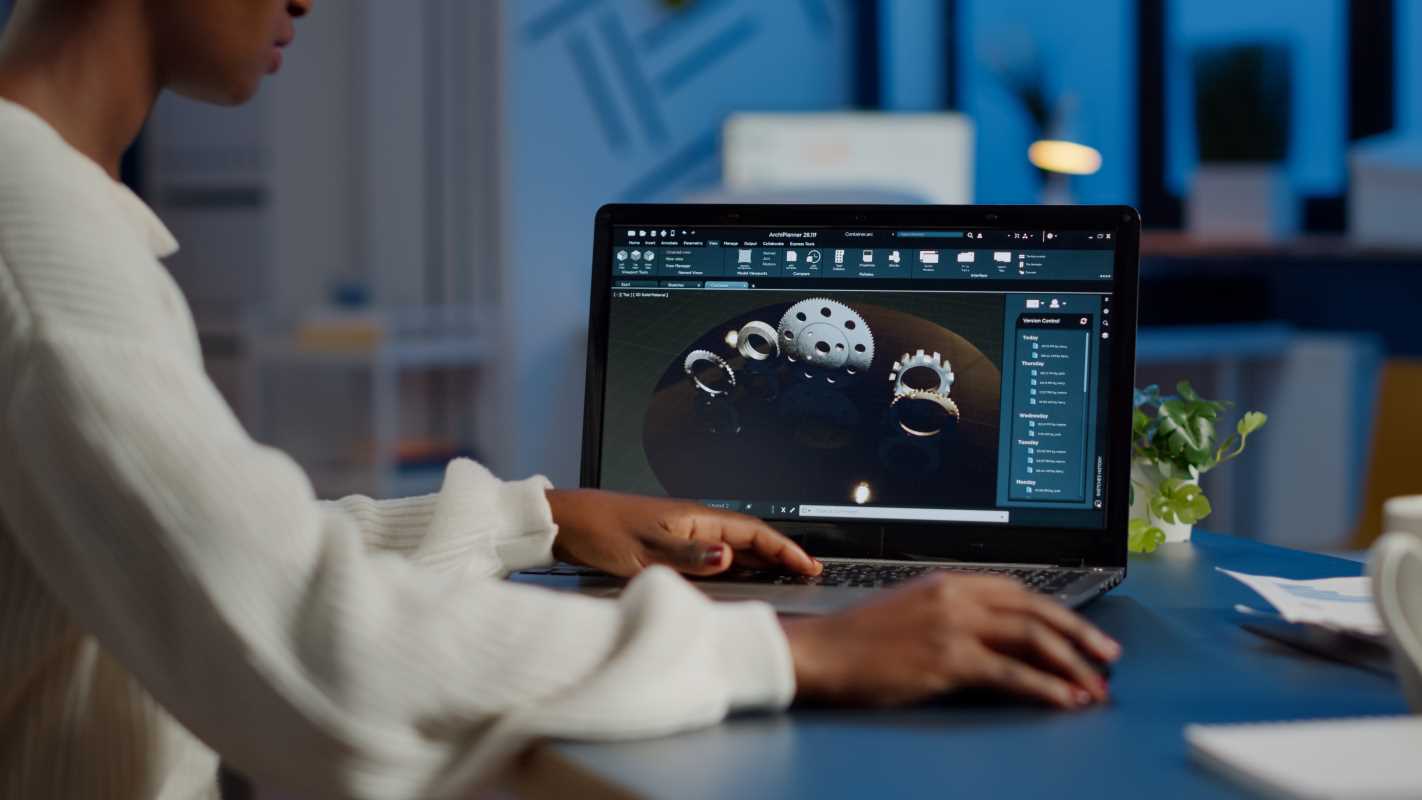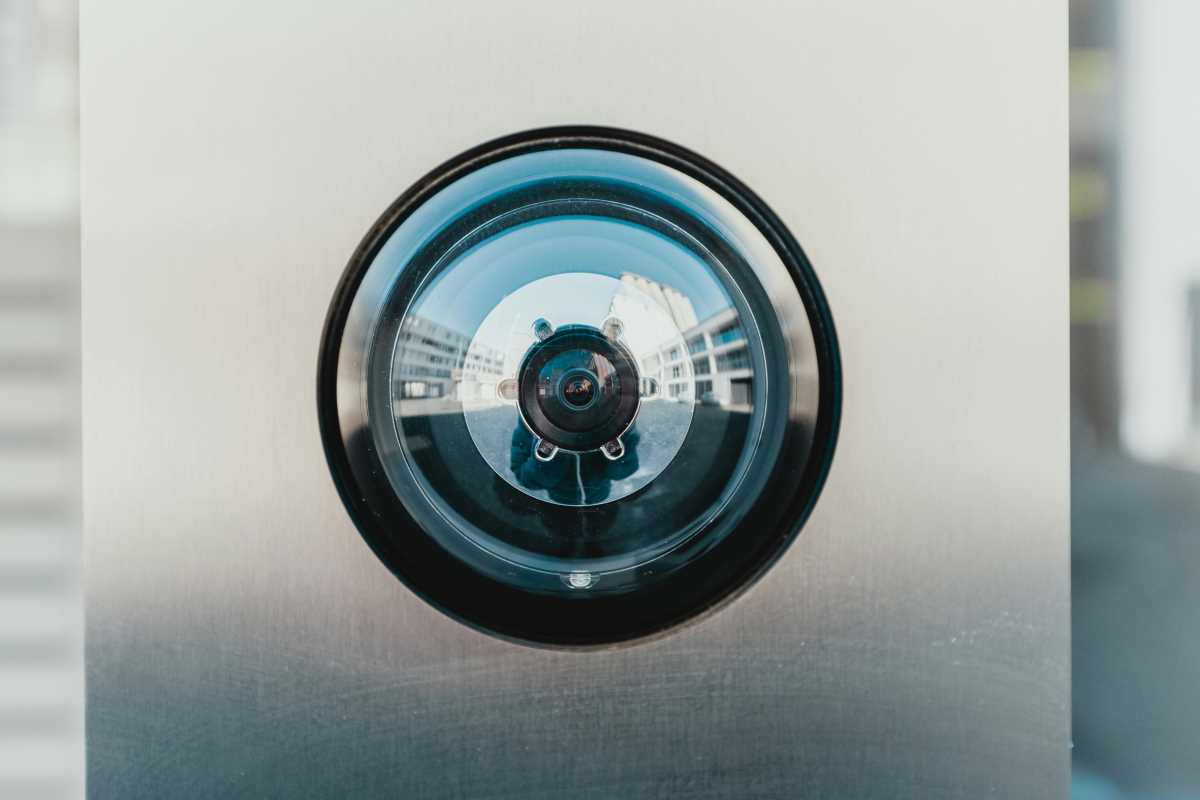When you think of robotics, it's easy to picture assembly lines, car manufacturing plants, and the hum of industrial machinery. For decades, factories have been the face of automation and robotics. But today, robots are transforming industries far beyond manufacturing facilities. They're entering unexpected spaces, from healthcare and agriculture to retail and education, fundamentally altering how we live and work.
Here’s a closer look at how robotics is reshaping our world in ways you might not have imagined.
Healthcare Innovations
Robots are revolutionizing healthcare by enhancing precision, improving patient care, and offering support for overburdened medical professionals.
- Surgical Robots: Systems like the da Vinci Surgical System have set a benchmark for minimally invasive procedures, allowing surgeons to operate with unparalleled precision and reduced recovery times for patients.
- Medical Assistants: Robots such as Moxi help with routine tasks like delivering medications or supplies within hospitals, giving nurses more time to focus on patient care.
- Rehabilitation and Assistance: Robot-assisted rehabilitation devices, such as exoskeletons, help patients recover from strokes or spinal injuries, while companion robots like ElliQ provide emotional and social support for seniors living at home.
Agriculture Goes High-Tech
Traditional farming methods are giving way to modern robotics, making agriculture more efficient and sustainable.
- Precision Farming: Drones and robots equipped with AI analyze soil conditions, monitor crop health, and optimize irrigation to improve yields without excess input costs.
- Harvesting Robots: Robots like Agrobot specialize in delicate tasks, such as picking fruits like strawberries, ensuring faster and more accurate harvests compared to human hands.
- Livestock Monitoring: Autonomous systems are now used to monitor the health, behavior, and feeding of livestock, offering farmers real-time insights to maintain healthier herds.
A Retail Revolution
The retail space has undergone a transformation thanks to robotics, blending convenience with cutting-edge technology to enhance customer experiences.
- Shelf-Scanning Robots: Robots like Tally can roam through store aisles, checking inventory levels and ensuring products are properly shelved for a better experience.
- Autonomous Fulfillment Centers: Warehouses operated by companies like Amazon and Ocado use robots to sort, pack, and transport items, significantly speeding up the order fulfillment process.
- Customer Service Bots: From Pepper, which engages with customers to answer questions, to robotic baristas that brew your coffee on demand, robotics is making shopping both efficient and enjoyable.
Education and Learning
Teaching and learning are being transformed as robots step into classrooms and learning environments.
- Interactive Learning Assistants: Robots like Nao and Robothespian enhance STEM education by interacting directly with students in fun, engaging ways. They help explain complex concepts with a hands-on approach.
- Adaptive Learning Platforms: AI-powered robots tailor lessons and suggestions to the needs of individual learners, providing personalized instruction that's impossible in overcrowded classrooms.
- Special Needs Support: Robots like Milo are designed to help children with autism spectrum disorders develop communication and social skills through structured interactions.
Societal Benefits and Considerations
Robotics' expansion outside of factories brings enormous potential but also raises questions about accessibility, job displacement, and ethical integration. While robots can make life easier, there’s a growing need to ensure equitable access to these technologies. At the same time, conversations about reskilling workers whose roles may be replaced by robots are critical for a balanced transition.
As robots become increasingly integrated into the fabric of our daily lives, they are no longer just tools for efficiency but allies in solving complex human challenges. Far from simply automating repetitive tasks, robots are enhancing industries, enriching experiences, and enabling innovations that were once the stuff of science fiction.
 (Image via
(Image via





.jpg)